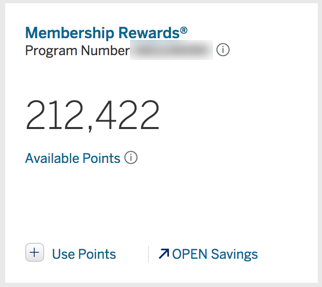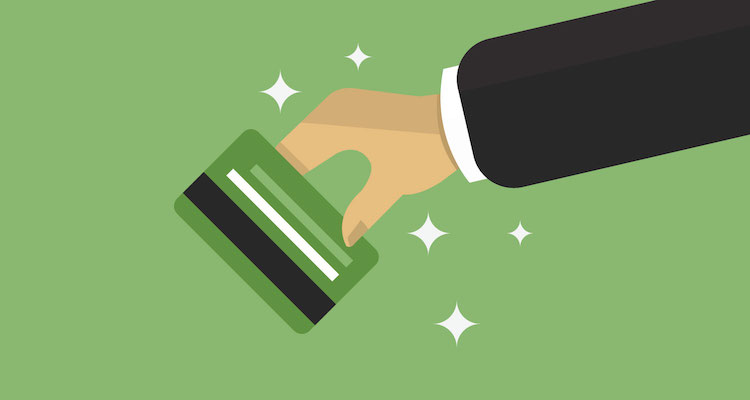Business and lending have gone hand in hand for centuries, but for some businesses, the decision to open a credit card or apply for a loan is not an easy one. Some business owners have had their own struggles with debt or watched as friends or relatives worked to pay off large credit card balances. But just because you have had negative personal credit card experiences does not mean you should avoid them for your business. Whether you are a
Whether you are a solo freelancer or a startup CEO, a business credit card might be a valuable tool to grow your bottom line.
Table of Contents
ToggleManage cash flow and liquidity
Every month, businesses have cash go in the door and out. While you can’t force your customers to pay sooner, you can use credit cards to pay later. Most vendors want to be paid right away, but your credit card is no ordinary vendor. If you pay a bill today with cash, you no longer have that cash for other bills, savings, or business needs. But if you use a card, you don’t have to really pay a dime until the credit card bill is due.
Depending on the time of the month, you can enjoy two to six weeks interest-free before you have to pay your credit card bill. If you put all of your purchases on a credit card, or a couple of cards, you can break up your major cash outflows for the month into a schedule that works best for your business.
Build your business credit score
Just like people, businesses have credit scores. While the most popular credit score for individuals is the FICO score, developed by the Fair Issac Corporation, businesses are generally graded on an A to F scale like you were in high school.
If your business never borrows and never uses a credit card, you won’t have a business credit score at all, however, you can pay a fee for a credit assessment from a company like Standard & Poor’s, Moody’s, or Fitch. Startup Nav offers free business credit scores so you can see how your business is doing today. Nav offers Experian and Dun & Bradstreet scores.
Startup Nav offers free business credit scores so you can see how your business is doing today. Nav offers Experian and Dun & Bradstreet scores.
Earn valuable rewards

I have earned millions of reward points and miles as a travel hacker, and thanks to those miles have enjoyed free or cheap trips to London (twice), Paris (twice), Amsterdam, Vancouver, Lisbon, Spain, Israel, and destinations dotting the entire United States.
Credit card deals change all the time, so be sure to search around for the best business credit card offers before you sign up for a new card.
Float your inventory to keep cash in the bank
If you run a business that sells physical goods or needs to keep an inventory, you might be able to “float” your inventory on credit cards to preserve cash. This use case is similar to the idea of cash flow management discussed above, but with a twist.
If you can buy an item and sell it for a profit before the credit card bill is due, you can hold the inventory interest free without putting out a big cash outlay. Of course, that credit card bill will come due at some point so you do need the cash available, but if you are in a cash crunch and need to get by, this strategy can make it work.
Beware common credit card pitfalls
While credit cards have numerous benefits, they are not without their drawbacks. Banks issue credit cards to make money, not as a charitable service for business owners. Keep that in mind each time you use your card. Here are some other issues to look out for and avoid:
- Missed and late payments – If you miss a payment or pay late, you will have to pay fees around $20 to $30 per occurrence. In addition, you may trigger a higher interest rate and hurt your credit score at the same time.
- Interest – If you pay your balance in full every month, you never have to pay credit card interest. If you ever make a minimum payment or anything less than the entire balance, you do have to pay interest. Most credit cards charge interest rates between around 7% and 29%.
- Bad spending habits – The worst thing you can do is treat your credit card like a blank check. Never spend more than you need to and absolutely never go over your budget!
Credit cards can be a great fit for some businesses
If you have a history of being responsible with your credit cards and have a strong grasp on your business finances, you can safely open a credit card, reap the rewards, and enjoy the benefits. However, if you have a tendency to overspend or forget about bills – autopay is your friend – credit cards may not be right for you.
How do you use credit for your business? Share in the comments below!
















